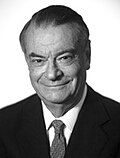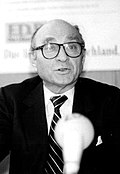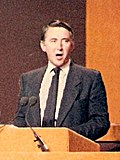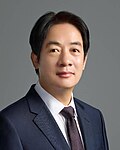 | |
 Headquarters of Liberal International, London | |
| Abbreviation | LI |
|---|---|
| Formation | 21 November 1946 (In April 1947, it was constituted with the Oxford Manifesto) |
| Type | International non-governmental organisation |
| Legal status | Political international |
| Purpose | World federation of liberal political parties and organisations |
| Headquarters | National Liberal Club |
| Location | |
Region served | Worldwide |
| Membership | 90 political parties and 21 international organisations (as of May 2022) |
President | Karl-Heinz Paque |
Vice-Presidents | Henrik Bach Mortensen Sidi Touré Dr. Phil Bennion (fmr. MEP) |
Secretary General | Elin Håland |
Main organ | Congress of Liberal International |
Publication | LI Human Rights Bulletin |
| Website | liberal-international |
| Part of a series on |
| Liberalism |
|---|
 |
Liberal International (LI) is a worldwide organisation of liberal political parties. The political international was formed in November 1946, and constituted with the Oxford Manifesto in April 1947. It has become the pre-eminent network for liberal and progressive democratic parties aiming to strengthen liberalism and democratic values around the world. Its headquarters are within the National Liberal Club, in London. The Oxford Manifesto describes the basic political principles of the Liberal International, which is currently made up of 111 parties and organisations.


















